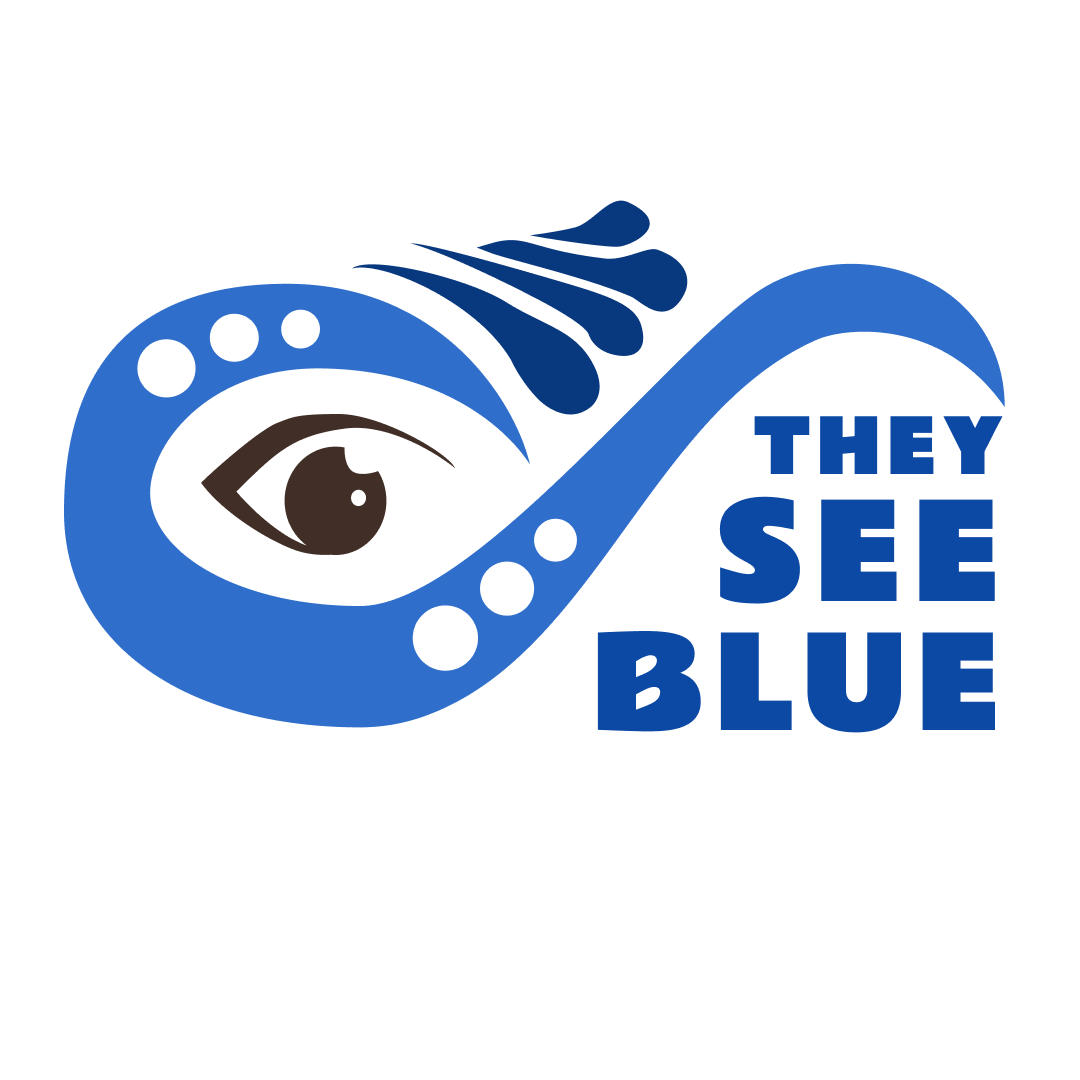Is Censorship Equivalent to Cancel Culture? Understanding Free Speech in the U.S.
- Staff Writer

- Sep 22, 2025
- 4 min read

Freedom of Speech, protected by the First Amendment of the U.S. Constitution, is one of the most cherished rights of American citizens, but it's also one of the most misunderstood. When comedian Jimmy Kimmel’s show was suspended by ABC following remarks about the late Charlie Kirk, a conservative pundit, there were cries of alarm over the censorship. However, voices from the right were quick to justify ABC’s actions by pointing to the cancellation of comedian Roseanne Barr’s show a few years earlier. But were the two events equivalent?
Two Comedians, Two Controversies
In 2018, ABC canceled Roseanne Barr's hugely successful sitcom reboot after she posted a racist tweet about former Obama adviser Valerie Jarrett. The show was abruptly canceled just hours after she posted a tweet comparing former Obama adviser Valerie Jarrett to characters from Planet of the Apes. Despite being the network's top-rated show, ABC could not let the situation go on for long. The controversy was too socially divisive.
Fast forward to September 2025, and ABC has now indefinitely suspended Jimmy Kimmel Live! over his viral comments about Charlie Kirk. The suspension came after FCC Chairman Brendan Carr threatened to revoke the licenses of ABC affiliates who continued to broadcast Jimmy Kimmel Live!
What Free Speech Actually Protects
Here's the crucial point that many people miss: the First Amendment only protects you from government censorship—not from consequences imposed by private employers.
When we say someone has "free speech," we mean the government cannot arrest, fine, or prosecute them for their words (with limited exceptions like direct threats or incitement to violence). The government cannot shut down newspapers, ban books, or silence critics. This protection is absolute and vital to our democracy.
However, the First Amendment does not protect you from:
Being fired by your employer
Facing social or even financial consequences
Having your show canceled
Being criticized or "canceled" by private individuals or companies
The Private Company Factor
ABC is a private company (owned by Disney), not a government entity. As such, they have the legal right to decide what content they want to broadcast and which employees they want to keep. When ABC canceled Roseanne's show, they were exercising their own free speech rights as a private entity—essentially saying "we don't want to be associated with this type of content."
The same principle applies to Kimmel's suspension, though the circumstances are notably different.
Government Pressure
Kimmel's situation hinges on a key factor related to free speech protections: government coercion. Legal experts say pulling Jimmy Kimmel from the air may amount to illegal 'jawboning'—a practice where government officials pressure private companies to censor speech without formally ordering it.
This is significant because if a government official threatens to revoke a company's license unless they silence someone, that could violate the First Amendment. The government cannot do indirectly (through threats) what it cannot do directly (order censorship).
The Marketplace of Ideas
These contrasting cases illustrate how free speech actually works in America's "marketplace of ideas." Both Barr and Kimmel exercised their free speech rights to express controversial views. Neither was arrested nor prosecuted—their First Amendment rights were protected when it came to their personal safety.
However, Barr was fired because ABC faced pressure from advertisers and viewers. Kimmel's suspension came amid regulatory pressure and political backlash. The latter is much more troublesome because it violates First Amendment protections.
Other Troubling Attacks on Free Speech in the Trump Administration
Beyond pressuring ABC to suspend Kimmel, the Trump administration has pursued several other actions that raise serious First Amendment concerns. These include requiring journalists covering the military to sign restrictive non-disclosure agreements and denying federal arts funding based on perceived promotion of "gender ideology.” The administration has also been accused of penalizing pro-Palestinian student activists, targeting federal employees for ideological views, and conditioning access to press events on politically motivated language changes. Civil liberties groups warn that these policies dampen free expression, punish dissent, and represent a broader effort to suppress viewpoints the administration disfavors. Courts have begun to intervene in some cases, ruling parts of these efforts unconstitutional.
The Bigger Picture
The real threat to free speech comes not from private consequences but from government overreach. Whether it's politicians threatening to revoke broadcast licenses, prosecutors targeting journalists, or officials pressuring companies to silence critics, these actions strike at the heart of what the First Amendment protects.
Both the Barr and Kimmel cases remind us that free speech is messy, complicated, and sometimes uncomfortable. However, that's precisely why we need strong protections against government censorship—and why we need to understand the distinction between government suppression and private consequences.
The First Amendment doesn't guarantee that everyone will like what you say, that you'll keep your job, or that your show will stay on the air. It simply guarantees that the government cannot silence you. And in a democracy, that distinction makes all the difference.










Comments